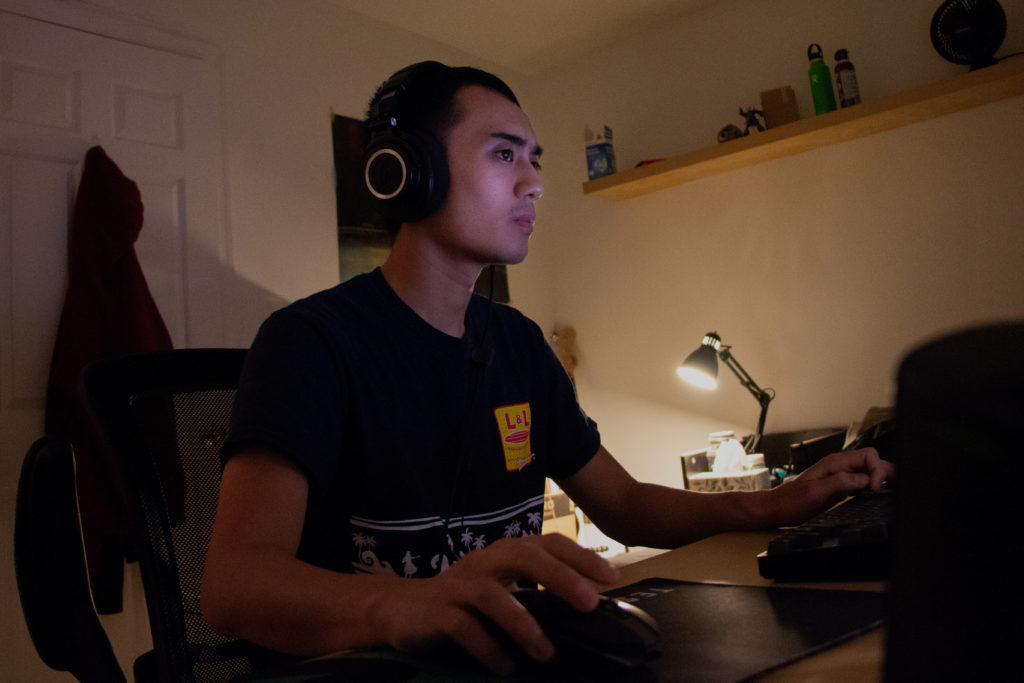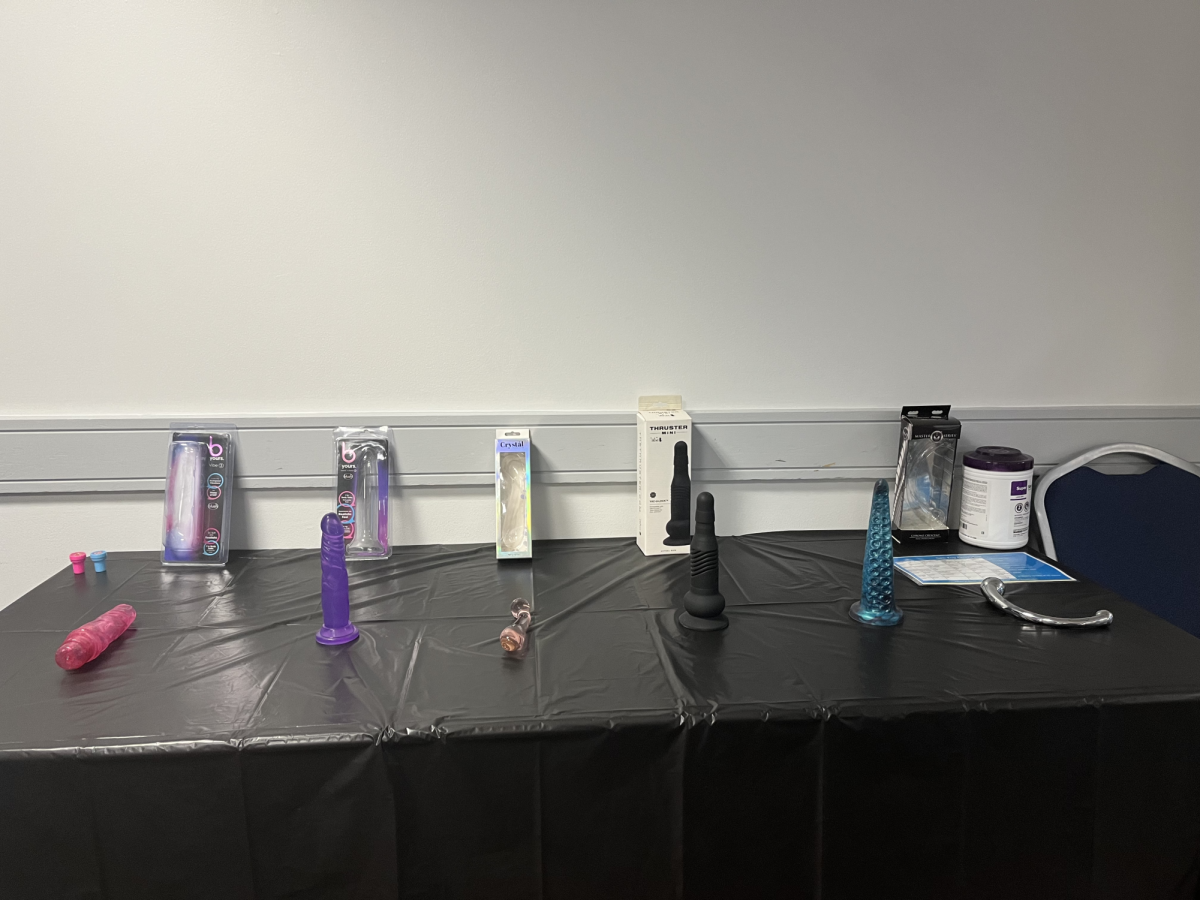Updated: Sept. 24, 2018 at 7:05 p.m.
For competitive gamers in the D.C. area, a new team dedicated to Overwatch League is a breakthrough in the spread of esports.
The Overwatch League added professional teams for eight cities, including a D.C. team, to its league of 20 teams for the 2019 season. The gaming league is the first esports competition to add hometown teams that mimic other sports to the genre of competitive video gaming.
The first-person shooter video game has teams of six in damage, protecting and supporting roles facing off against each other.
The official league produced by the game’s developer, Activision Blizzard, hosted its inaugural esports season with 12 teams earlier this year.
Kate Mitchell, the general manager of D.C.’s Overwatch League team, has managed the game professionally since its beginning. Since its launch in 2017, she has supervised each of the league’s three competitive brackets – the free-entry Overwatch Open division, Overwatch Contenders and the Overwatch League – which increasingly have higher-skilled teams and players, with larger prize monies.
The upcoming second season, which begins in February, will be hosted in Southern California and broadcast on streaming website Twitch.tv and ESPN.
While there will be watch parties and team meetups with fans throughout the season and events at D.C. establishments, Mitchell said the team’s matches and residence will be based in Southern California until the league officially localizes its home teams and matches, beginning in 2020.
Aside from hiring its primary tank player, Joon-hwa Song, whose online moniker is “Janus,” the team does not have a full roster. Mitchell and the D.C. team’s head coach, Hyeong-seok “WizardHyeong” Kim, are still in scouting mode.
“We’re currently engaged in a highly worldwide scouting process,” she said. “We’re running trials with players from all around the world right now, identifying the best talent.”

Olivia Anderson | Photo Editor
Senior Matt Mercado plays Overwatch in his apartment.
A career in esports is hardly fun and games. Inside a shared team house in California from the six months between preseason to playoffs, the signed players live and play the game against each other in scrimmages for four to six hours each day, Mitchell said. Meanwhile, their coaching staff reviews their daily plays and devises new strategies depending on each level and team composition.
“The hardest thing is actually getting a professional gamer to take an off day,” she said. “They’re all so motivated, that it’s really hard to get them to take that time to themselves.”
To keep them focused on the game, the league compensates players with housing, a stable income, health care, benefits and retirement packages, Mitchell said, along with an “extra bit of glory and money” if they win. Prize money is mostly divvied up among players, rather than their investors or managers.
Mitchell said she has sought to represent the broad gaming community that enjoys Overwatch’s colorful, “worldwide cast” of playable heroes and home teams spanning from London to Seoul, South Korea. These factors, she said, make the game more accommodating to diverse groups of people than other shooting games of its kind.
The D.C. team recently hired the league’s first female coach in assistant coach Molly “AVALLA” Kim, but the competitive scene has a long way to go to be as inclusive as its player base, Mitchell said.
“A lot of folks like that, especially those from a lot of diverse backgrounds, hadn’t felt like esports was for them before,” she said. “They thought it was for an entrenched, hardcore audience. When you look at the crowds for Overwatch League games or watch parties in local cities, they’re incredibly diverse and it’s an incredibly accepting scene.”
Mitchell said the D.C. team has already been contacted by a number of local college organizations, which said college-age viewers and players are one of the largest demographics in the esports community. Scholarship packages for esports players and the popularity of TESPA, a collegiate competitive gaming competition for several game franchises, have brought new ways of scouting for talented young players.
Tim Smith, who graduated in May with a bachelor’s degree in computer science, said he tried to assemble a team of his own at GW during his senior year, but the group “slowly disintegrated” over the course of his last year at GW.
“Out of the 10 to 15 people who signed up, only four of them could probably play at a semi-pro level,” Smith said.
Matthew Mercado, a senior majoring in systems engineering and the former vice president of GW Competitive Gaming, said there isn’t a broad interest in Overwatch at GW, but that given the relatively new entertainment platform, the D.C. team could attract students to get more involved.
“I think that esports is just fast,” Mercado said. “It’s really modern, and it feeds on competitive energy that most young people have.”
This post has been updated to reflect the following correction:
The Hatchet incorrectly reported that seven new teams were added, but six teams were added. The Hatchet also incorrectly reported that teams are made up of five players, but Overwatch teams have six players. We regret these errors.




